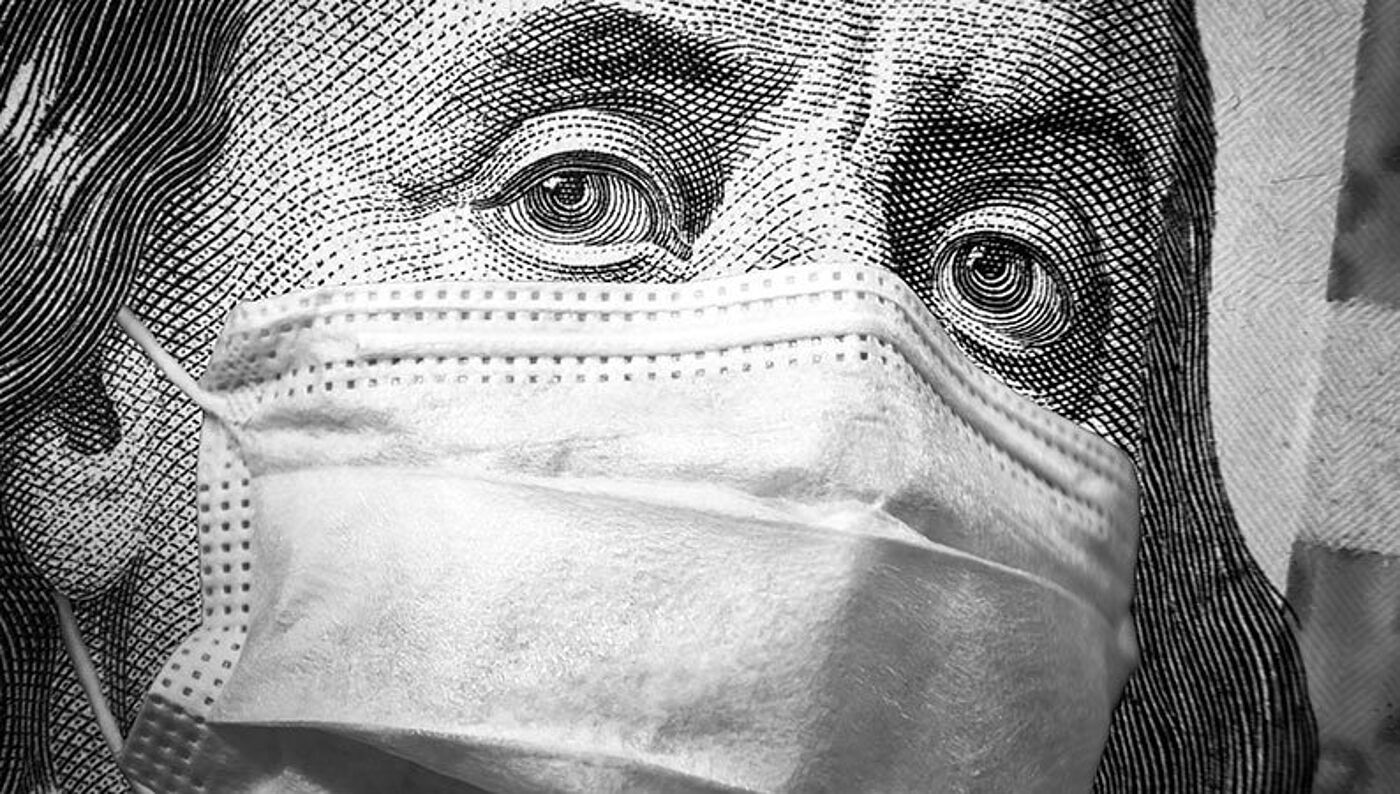
USPTO extends patent and trademark deadlines during the COVID-19 emergency
On the last day of March, U.S. Patent and Trademark Office Director Andrei Iancu issued a pair of notices regarding the waiver of timing deadlines related to both trademark and patent-related documents and fees. The agency's extension of these deadlines falls under its authority granted by the recent passage of the Coronavirus Aid, Relief and Economic Security (CARES) Act and is designed to help applicants deal with disruptions caused by the COVID-19 pandemic.
"Inventors and entrepreneurs are the lifeblood of our economy, and we recognize that many of them are having difficulty as a result of the effects of COVID-19," said Director Andrei Iancu in
a statement issued on the news. "Ultimately, our goal is to ensure not only that inventors and entrepreneurs can weather the storm, but that they can hit the ground running once it passes." According to the director, the USPTO was working to provide relief while still maintaining the agency's fee-funded operations, though it was trying to be especially mindful of the outsized impact of the coronavirus crisis on small businesses and independent inventors.
The USPTO has enumerated a list of particular filings and fee payments that are to be automatically extended for 30 days if their deadlines fall between March 27 and April 30. The extensions apply to various filings, including replies to Office notices or actions, issue fees, maintenance fees, statements of use or affidavits of use. Aside from patent and trademark applications, the extension also involves filings related to proceedings at both the Patent Trial and Appeal Board (PTAB) and Trademark Trial and Appeal Board (TTAB).
USPTO's rule indicates broad basis for claiming delay related to
COVID-19
In order to be eligible for the deadline extension, such filings must be accompanied by a statement that the delay in filing documentation or making a payment was due to the COVID-19 outbreak. According to Steven Shape, Managing Partner at Dennemeyer & Associates U.S., the USPTO has given a pretty broad basis for applicants to suggest that a delay is reasonably related to the coronavirus pandemic. "From a small business perspective, something like this is quite valuable," remarks Steven Shape. "It gives them an opportunity to adjust in these uncertain times and help businesses make sure that Intellectual Property doesn't get abandoned when an applicant didn't intend to."
The USPTO's notices state that the agency will consider a delay as owing to the COVID-19 outbreak if a practitioner, applicant, patent owner, petitioner, third party requester, inventor or other person associated with a filing or fee was personally affected by COVID-19. Although personal or family illness is listed as a reason for excusable delay, the rule also covers situations involving office closures, cash flow interruptions, travel delays, inaccessibility of files or other materials and other similar circumstances in which the outbreak materially interfered with timely filing or payment.
Steven Shape notes that the extension guidance provided by the USPTO was clearly intended to be broad in scope in determining what constitutes an environment that allows a patent or trademark owner, or a party to IP-related proceedings, to get an extension. "The Office wants to err on the side of maintaining validity and make sure that the COVID-19 situation doesn't affect the IP rights that people expect to obtain with pending applications," he further asserts.

Such deadline waivers by the USPTO are notable given the importance of meeting agency deadlines and the rights that are lost if such due dates are not met. The filing of issue fees, for example, can be essential, and a missed payment here can leave a patent applicant bereft of any opportunity to obtain patent rights. Missed office actions also often result in the abandonment of patent applications, and it can cost $1,000 or more to file a petition with the USPTO to revive the abandoned application.
Along with the particular filings and payments listed by the USPTO's notices, parties at the PTAB and the TTAB can obtain deadline waivers for filings in proceedings at either tribunal, even if the agency does not explicitly list those filings. Parties to PTAB proceedings, including America Invents Act trials, appeals from examinations or interferences, who are interested in taking advantage of the deadline extensions, should contact the PTAB directly. The USPTO's trademark notice indicates that TTAB parties seeking extensions should file a request or motion for an extension. The notices also reiterate that the USPTO remains open for the filing of documents and fees though the agency will continue to evaluate the evolving situation around COVID-19 and its impact on agency operations and stakeholders.
National IP responses range from compulsory licensing to patent term extensions
The coronavirus crisis has sent shockwaves through the global economy, and the world of Intellectual Property has seen its fair share of turbulence as countries scramble in trying to contain the pandemic. Many countries, including Israel, Germany and Canada, have at least discussed legislation regarding compulsory licensing schemes to allow patent-protected technologies to be used to help treat or prevent COVID-19 in patients. Such compulsory licenses would allow patents to be practiced by entities without fear of enforcement. In contrast, the U.S. could be looking at improving IP protection for medical technologies that can be used to treat COVID-19. In late March, the Facilitating Innovation to Fight Coronavirus Act was introduced into the U.S. Senate. One of the bill's provisions would extend patent terms by 10 years for patents covering pharmaceuticals or medical devices intended to treat patients with COVID-19. Although the bill also delays the start date of such patent terms until the Trump Administration declares the national emergency to be over, the bill presents a much different interpretation of how IP should be viewed in response to the need presented by the coronavirus pandemic.
Steven Shape noted that the Senate bill, while it may require some more fine-tuning due to the nuances of patent law, represents a significant step towards addressing the COVID-19 crisis and finding a solution to it. The measure also aligns with Director Andrei Iancu's remarks on ensuring that IP owners can better maintain their rights during this difficult time. To take advantage of these developments, Steven Shape says that it's incumbent upon attorneys to continue communicating with their clients to keep them informed and plan effectively for the eventual return of business as usual.
In the interim, organizations can depend on Dennemeyer's expansive range of patent and trademark services, including everything from drafting and filing to full-service litigation needs, to protect the integrity of their IP across global markets.
Filed in

A country and a supermarket continue their tussle over a trademark. Meanwhile, a study reveals the extent of academic patents in Europe and a publishing house tackles AI.




